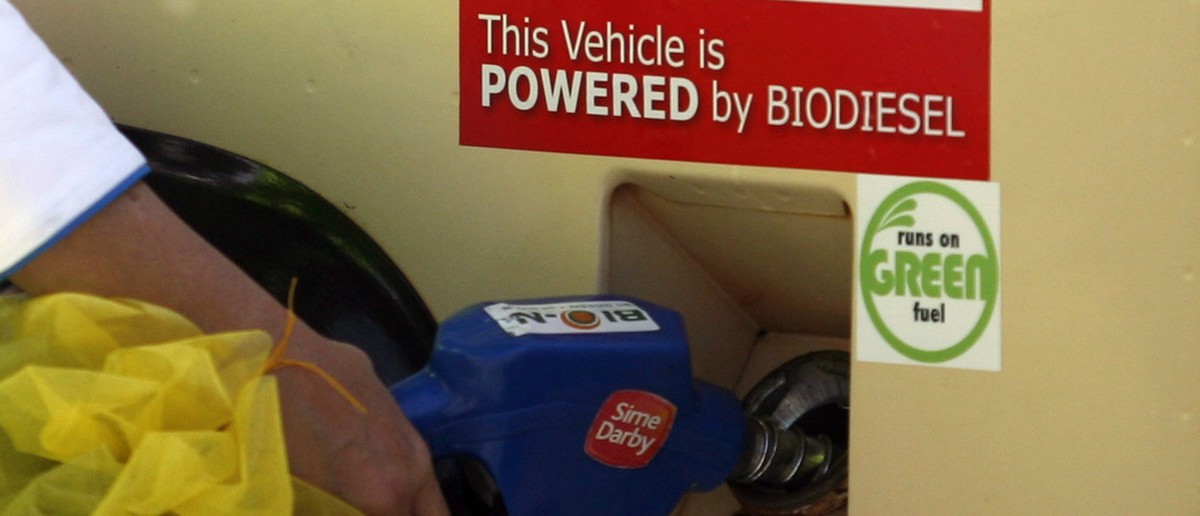Europe’s plans to reduce carbon dioxide (CO2) emissions by switching from conventional oil to biofuels actually ended up increasing emissions, according to a study published Monday by the environmental group Transport & Environment (T&E).
The study found, on average, biofuel from vegetable oil creates 80  percent more CO2 emissions than the conventional oil it replaces. The report estimates the biofuels create new emissions equivalent to putting an extra 12 million cars on the road.
percent more CO2 emissions than the conventional oil it replaces. The report estimates the biofuels create new emissions equivalent to putting an extra 12 million cars on the road.
Soy and palm-based biodiesel are actually two and three times worse than conventional oil, respectively, and these are the most popular biofuels in the European Union (EU). They’re forecasted to account for 70 percent of the EU’s diesel by 2020.
The study estimates that 75 percent of EU biofuels create more CO2 emissions than the gasoline or diesel they replace due to land use changes documented in the European Commission report published last August.
“The European Commission has finally revealed that Europe’s policy failure in stimulating bad biofuels is even more spectacular than previous scientific research indicated,” Jos Dings, executive director of Transport & Environment, said in a press statement. “We should phase out the mandating, subsidising and zero-carbon accounting of these fuels at European and national level after 2020.”
Europe has been blending small percentages of biofuels into conventional gasoline and oil and diesel specifically to reduce CO2 emissions, and plans to require biofuels account for 10 percent of all fuel in Europe by 2020. The T&E’s study estimates continued use of biodiesel derived from vegetable oil will increase the European Union’s CO2 emissions from transportation by almost 4 percent compared to conventional sources of oil.
This article originally appeared in The Daily Caller
